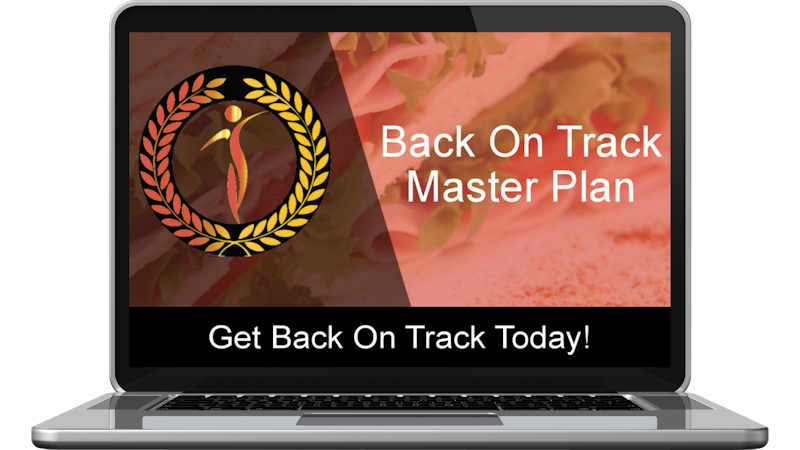I’ve made many daring statements about being on a weight loss surgery journey, over the years. I’m a psychologist, and a ‘sleever’, and a I also work with numerous people at various stages of bariatric life.
I’ve come to realise that, for many, what begins as a surrender to science (“weight set-point is bigger than me, and I need a medical reboot of that”), fast becomes a teacher of the greatest life lessons we may ever learn. I’ve rationalised it for myself like this: everyone has something they struggle with. Some people are in recovery from drugs or alcohol. Some battle with mental health issues. Others have physical health problems, childhood or current trauma, toxic and abusive relationships, debt, and financial hardship.
Breaking or Growing
These focal point ‘problems can break us or grow us. And the often break us and grow us. Rumi has been credited for saying, “the cracks are how the light get in”, and I’ve embraced this sentiment in many of my own challenges in life. Struggle is opportunity.
I’ve told my story abundantly; of how I underwent bariatric surgery and experienced it largely as miraculous. It seemed to have been the surgical removal of an eating disorder, and the surgical removal of cravings and urges. This bliss lasted for all of 7 months, and in that time, I did lose all of my weight. But at the stroke of month 8, that perceived benefit started to wear off. Yes, I was in a thinner body. But I became just as hungry, compulsive and urge driven as I’d ever been, and of course this was terrifying. I quickly went to work, thinking through what approaches, tools and strategies I’ve employed over the years with my private practice clients dealing with such things. This was the birth of both my own true recovery, as well as “BARIATRIC MIND MASTERS”, and my online work with patients similarly afflicted.
DBT (Dialectical Behaviour Therapy)
What I teach in Bariatric Mindset Masters is based on dialectical behaviour therapy (“DBT”). DBT, as a way of understanding and managing one’s experience is profound. I particularly love that it is practical and philosophical. I’ve found many modalities in psychology to be one, or the other: very interesting, but impotent in practice, or so ‘action heavy’ that the person just can’t really ‘get into it’ or see it as other than a bandaid.
DBT speaks to both what is happening and what to do about it and this is it’s superpower.
A lady by the name of Marsha Linehan developed DBT as a composite, but arguably she simply assembled tools, skills and wisdoms from a variety of schools into a coherent, workable body of knowledge. These tools emanate from Eastern philosophy, Buddhism, mindfulness, cognitive and depth psychology paradigms. It's thus a conglomeration of centuries of philosophy and religion and psychology.
The crux, in DBT, and in Bariatric Mind Masters, is that one is presented with a toolkit with which to navigate life on life’s terms. There will always be stress, strife, hardship, and “things” getting in our paths and seeming to derail our progress. It’s easy, when they do, to get “excusey”. “I cannot succeed because [insert relevant excuse: my marriage is difficult – my child is ill – I’m grieving – I’m busy at work – I am immobile, etc].
DBT comes along and coaxes a person to willingly open up to these experiences; experience them, embody them, FEEL THEM… But then, while holding space for how hard it is, to employ very specific strategies to not be defeated by them. There’s a lot of overlap between this modality, and the “acceptance and change” discipline: that “I accept where I am and what has happened”, but “I also choose to move towards change”.
Embracing my post-surgery life as a mental, emotional, and even spiritual undertaking has made all the difference to me. I truly believe it’s how and why I maintain at goal, years and years out from my procedure. Eating is, for so many people, a way to ESCAPE a difficult feeling, or to CREATE a better experience. And so we’ve learnt from infancy to manipulate our moods with food, sometimes consciously and deliberately, but often so automatically that we don’t even realised it’s happened.
When we realise this tendency, and embrace techniques to no longer do this, not only do we become more successful in bariatric terms, but we level up completely, psychologically. Because we can exist in turmoil and conflict, without needing to modify it. And this vastly increases our capacity to live technicoloured and fulfilling lives.

